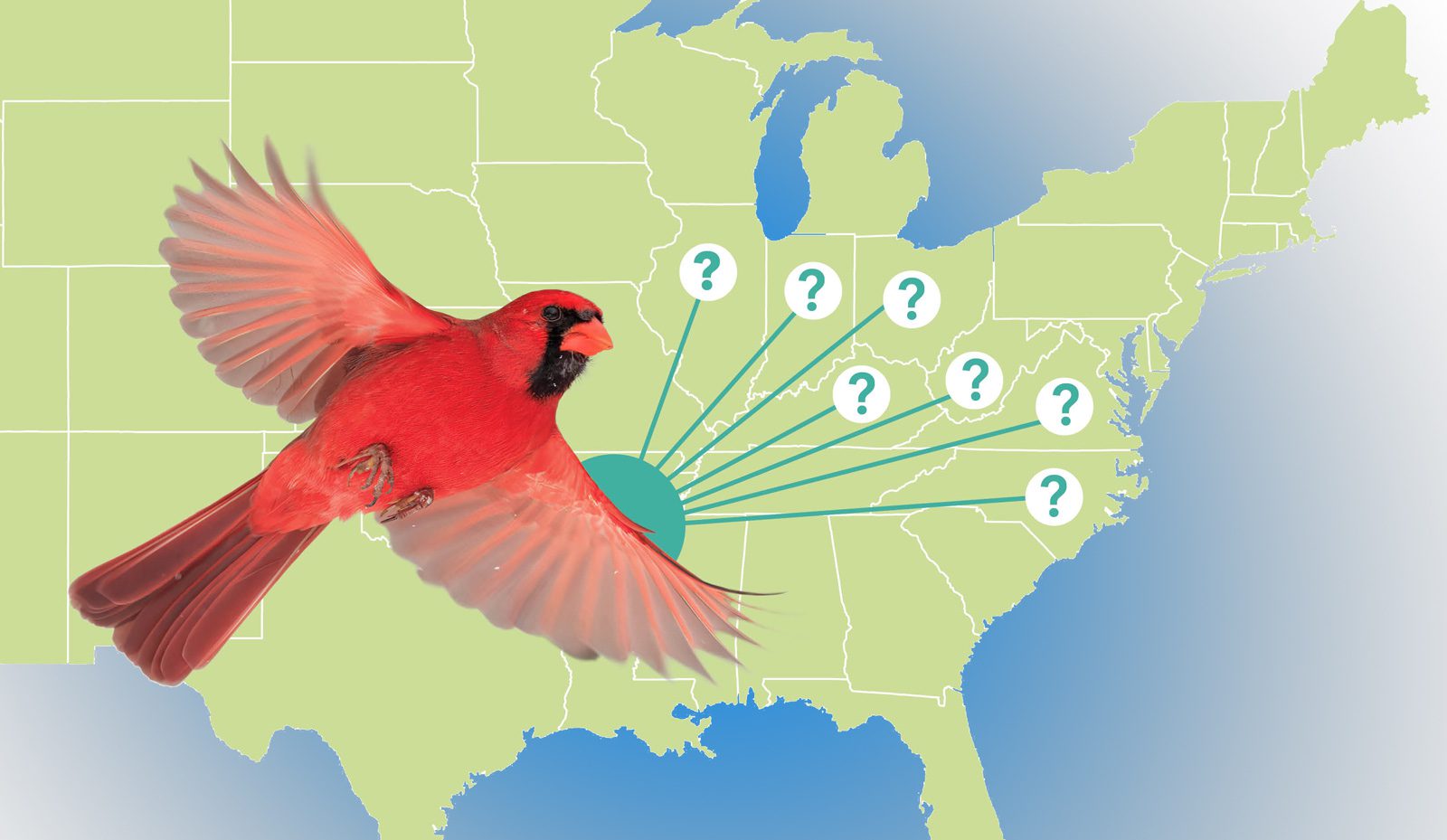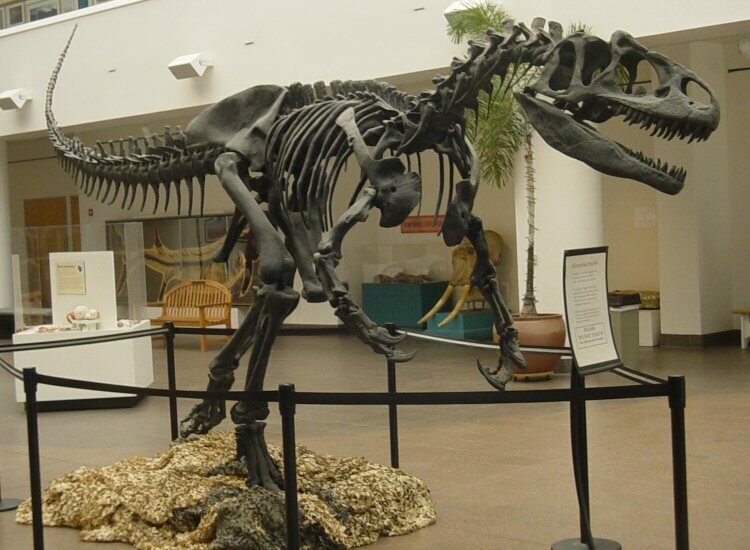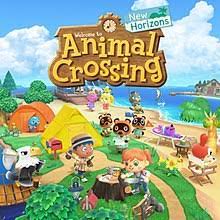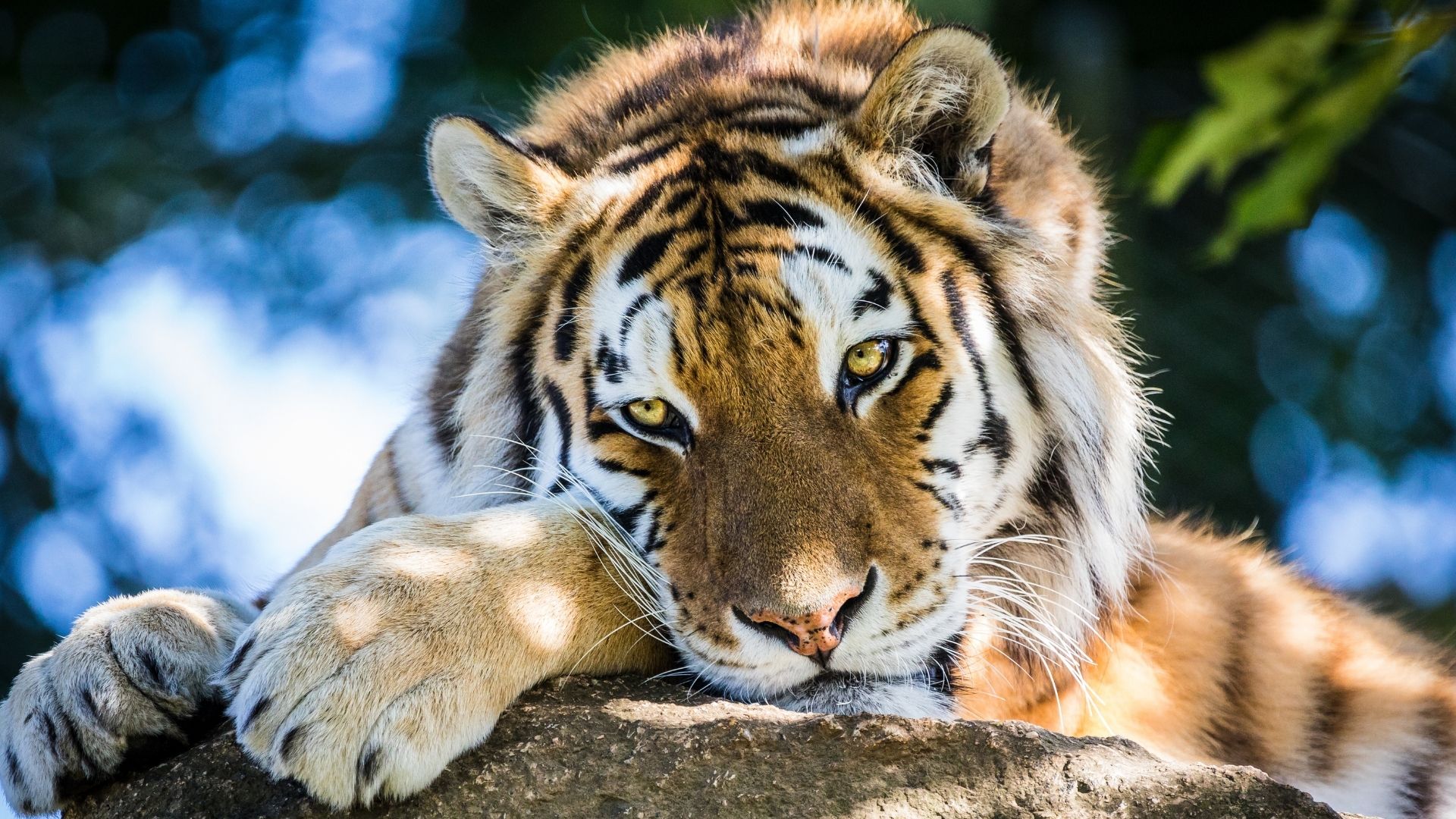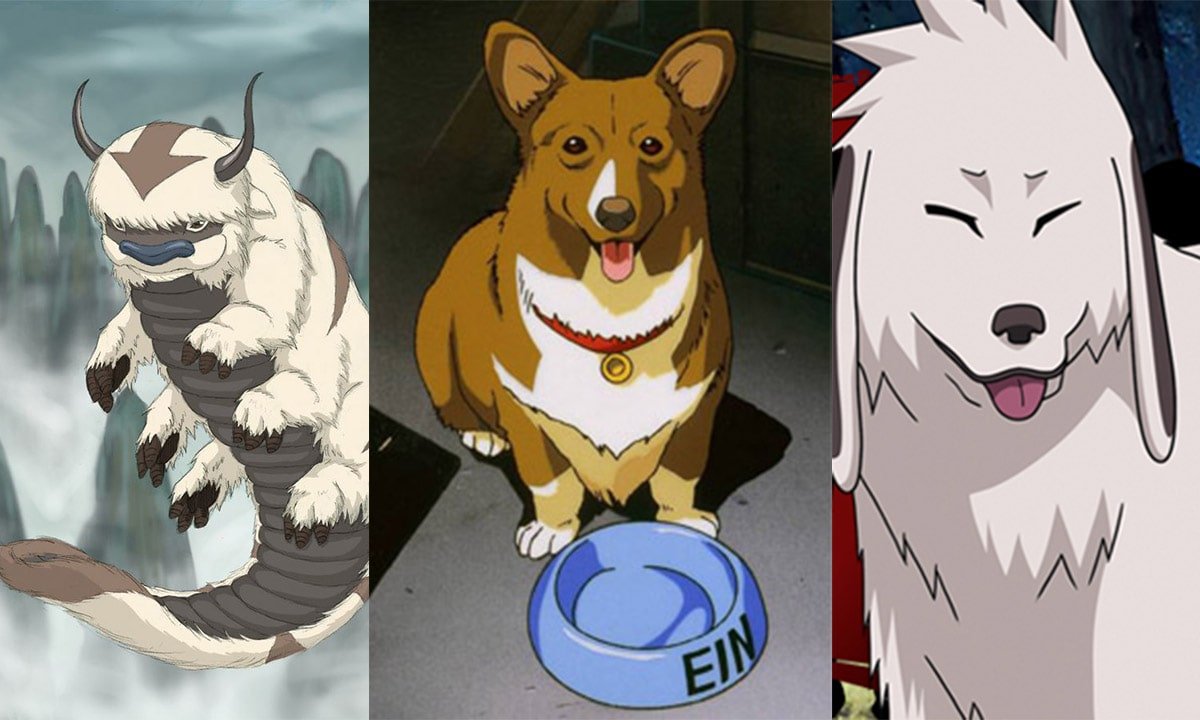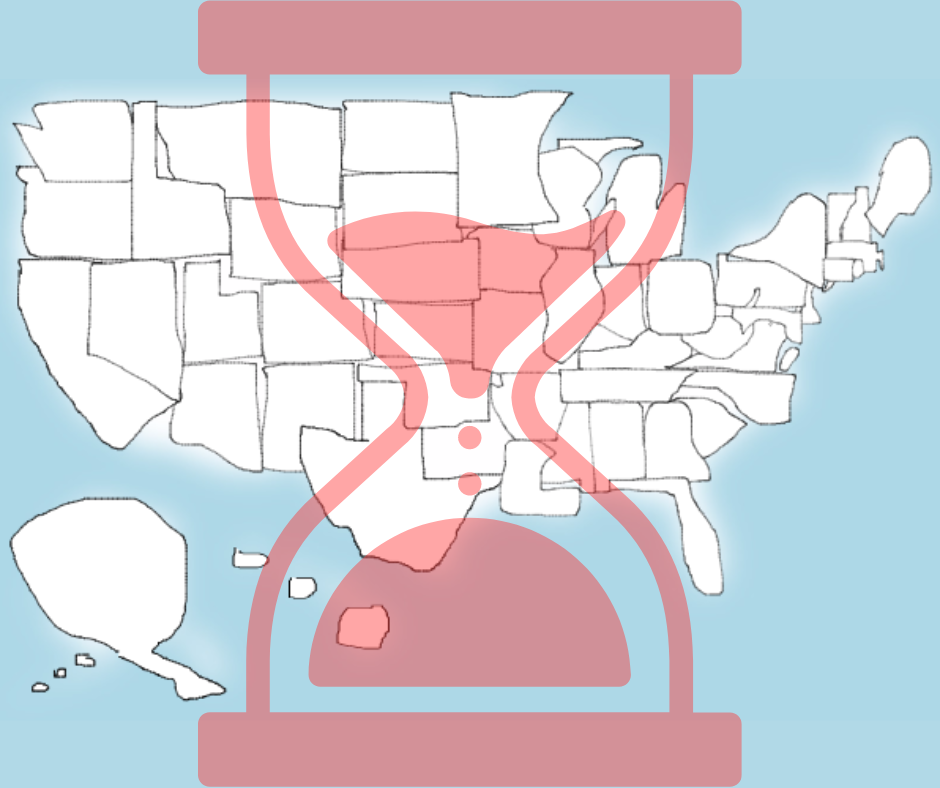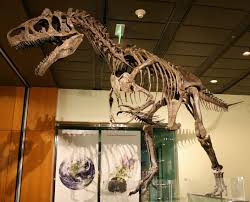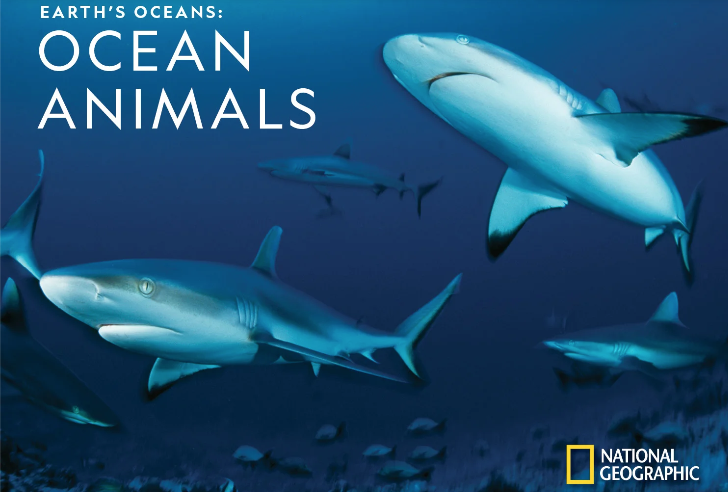Birding the United States of America (Trivia Quiz)
Created on:
Aug 21, 2024
Duration:
24 minutes,
Category:
Questions:
50 questions
Average Score:
21/50
Players:
110
Language:
English
Quiz Description:
50 trivia questions and answers all about Birds in the United States. Test your Birding knowledge with this quiz.
50 Trivia Questions and Answers
Mallard Duck
Wood Duck
Canada Goose
Greater White-fronted Goose
Bald Eagle
Golden Eagle
Red-tailed Hawk
Wild Turkey
California Condor
Bald Eagle
Sandhill Crane
American White Pelican
Eastern Bluebird
Mountain Bluebird
Western Bluebird
A Mob
A Murder
A Massacer
A Mischief
false
Yes
No
No, but they do walk up to lemonade stands
It depends on the type of grape
So males can tell what other males are more fit, without needing to fight.
To attract a mate, via display of their feathers
A false warning to predators to trick them into thinking they're poisonous
To disorient predators
To blend into colorful environments.
Seeds
Nectar
Fruit
Bugs
An American Crow
A Common Raven
They migrate south to Central America
They change habitats, staying in Open Grasslands for the cold season
They change habitats, staying in Forests for the cold season
Nothing, they stay in the same place and habitat year round
Morning Dove
Mourning Dove
Moerning Dove
True
False
'Sea Eagles' is not a group, that's made up.
True
Fale
It depends on the rain
It depends on the species of owl
2,400
1,500
1,200
800
Northern Mocking Bird
American Goldfinch
Northern Cardinal
Western Meadowlark
Yes
No
They run at the same maximum speed
Snowy Egret
Great Blue Heron
Great Egret
Reddish Egret
Scaled Quail
Ruffed Grouse
Mountain Quail
Northern Bobwhite
Hawk
Falcon
Eagle
Harrier
Kite
None, it's in it's own group
130 wingbeats per second
90 wingbeats per second
70 wingbeats per second
40 wingbeats per second
New York, NY
Los Angeles, CA
Ocean City, MD
Boston, MA
Austin, TX
Chicago, IL
House Sparrow
Rock Dove
Chimmney Swift
European Starling
Canada Goose
Cackling Goose
Brant
Emperor Goose
Clark's Nutcracker
Island Scrub-Jay
Tamaulipas Crow
Black-billed Magpie
Yellow-billed Magpie
Lord God Woodpecker
Emperor Woodpecker
Poule de bois
'Elvis in Feathers'
Pearly Bill
King Woodchuck
Rock Dove
Chimney Swift
Red-whiskered Bulbul
House Finch
Western Gull
Herring Gull
Glaucous Gull
Great Black-backed Gull
A Committee
A Parliament
A Congress
A Club
An Assembly
A Legislation
Trumpeter Swan
Tundra Swan
Mute Swan
Connecticut Warbler
Red-faced Warbler
Kirtland's Warbler
Bay-breasted Warbler
Grace's Warbler
Painted Redstart
Hummingbirds
Orioles
Vireos
Kingfishers
Mallard
American Black Duck
Mottled Duck
Mexican Duck
This photo quality is awful
Greater Pewee
Boat-tailed Grackle
Eastern Towhee
Green Jay
Ruddy Turnstone
Curlew Sandpiper
Wilson's Phalarope
Bar-tailed Godwit
A Wake
A Squadron
A Sord
A Squall
Chuckar
Gray-headed Swamp Hen
Red Junglefowl
Himalayan Snowock
None of the Above
37
22
45
12
4
6
9
17
Zone-tailed Hawk
Ferruginous Hawk
Harris's Hawk
Short-tailed Hawk
Loggerhead Shrike
Northern Shrike
Red-backed Shrike
Rivoli's Hummingbird
Broad-billed Hummingbird
Violet-crowned Hummingbird
Blue-throated Mountain-gem
Eastern Meadowlark
Western Meadowlark
Chihuahuan Meadowlark
Flying further south spends energy that can otherwise be used to survive
The major "Flyways" birds migrate across are too packed with other birds
Many water sources stay unfrozen during the winter, providing safety
Climate change has made winter in some places milder, and more survivable
Winter weather hinders waterfowls ability to navigate south
Many of these species come from further north, and so are used to the cold
Mustache
Malar Stripe
Subauricular Stripe
Throat Patch
Ectopistes migratorius
Platalea ajaja
Spinus tristis
Turdus migratorius
Carolina Parakeet
Passenger Pigeon
Heath Hen
Labrador Duck
Ivory-billed Woodpecker
Great Auk
Gray-headed Albatross
Black-footed Albatross
Snowy Albatross
Buller's Albatross
Sooty Albatross
Laysan Albatross
Head Size
Juvenile Chest Patterning
Eye Color
Tail-tip Shape
Beak Shape
Leg & Feet Color
Western Flycatcher
Yellow-bellied Flycatcher
Hammond's Flycatcher
Buff-breasted Flycatcher
Trick Question! You can't identify any Empidonax Flyctchers based on looks!
More Quizzes
Explore Quizzes
Comments
( )
